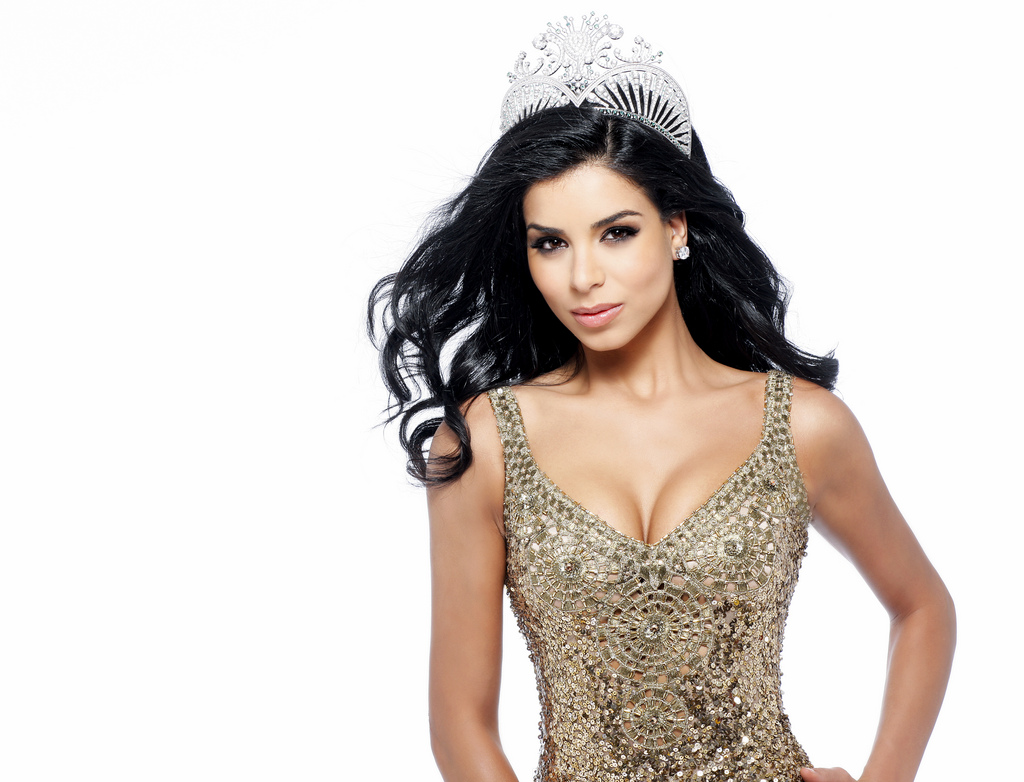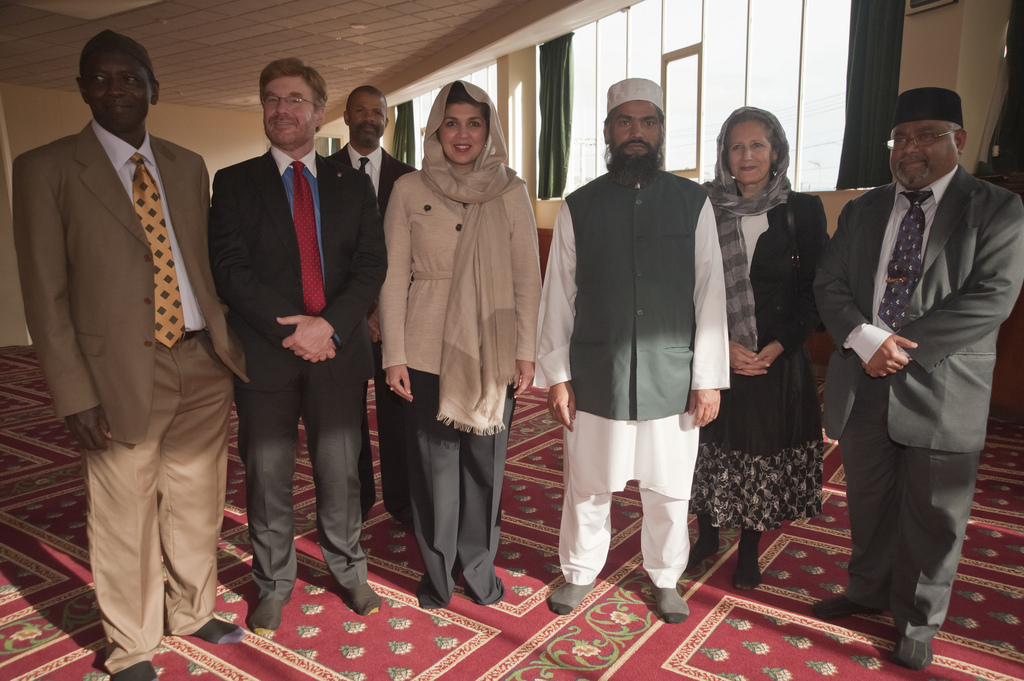Dear Monsieur Sarkozy: I have never in my life wanted to wear a niqab or a burqa, but I do want to wear one now, thanks to you. Perhaps it’s something to do with being British, and doing the opposite of whatever the French want to do. I might even fashion my new niqab out of a Union Jack and ‘invade’ French soil via Eurostar, a cup of nice English breakfast tea and a traditional buttery scone with home-made jam. Or maybe it’s to do with the fact that I’m a woman, and no man is going to tell me what to wear, (except maybe Gok Wan) and no politician is going to determine how I dress.
Read More



